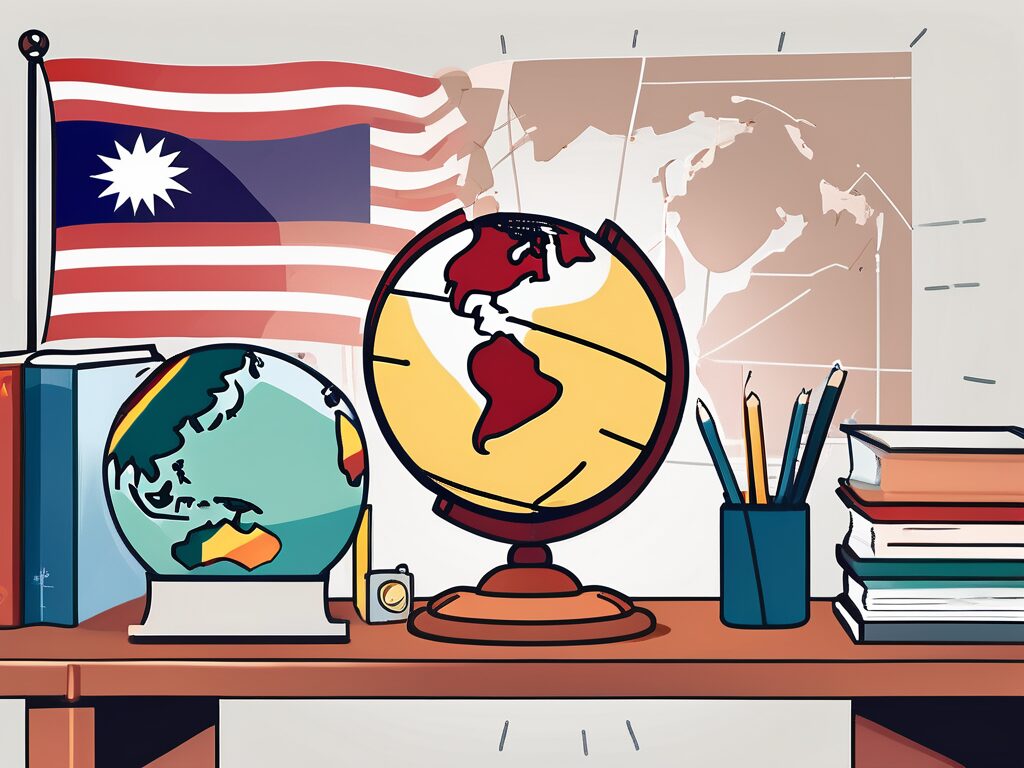Malaysia, a vibrant Southeast Asian country, is a melting pot of cultures, cuisines, and languages. It’s a popular destination for international teachers due to its high standard of living, warm climate and friendly locals. However, living and working in a foreign country can be a financial challenge. This guide will provide you with practical tips and strategies to save money while teaching internationally in Malaysia, without compromising on your lifestyle.
Understanding the Cost of Living in Malaysia
Before you can start saving, it’s important to understand the cost of living in Malaysia. Compared to Western countries, Malaysia offers a relatively low cost of living. However, it’s higher than some other Southeast Asian countries, like Vietnam or Cambodia.
Accommodation, food, transportation, and leisure activities can all add up. For instance, a one-bedroom apartment in the city centre may cost around RM 2,000 per month, while a meal at a local restaurant can range from RM 10 to RM 50. Therefore, it’s crucial to budget wisely and live within your means.
Effective Budgeting
Budgeting is the cornerstone of any financial plan. It allows you to keep track of your income and expenses, and make informed decisions about your spending habits.
Start by listing down all your monthly expenses, including rent, utilities, groceries, transportation, and leisure activities. Then, compare this with your monthly income. If your expenses exceed your income, you’ll need to make some adjustments. This could mean cutting back on non-essential items or finding ways to increase your income.
Using Budgeting Apps
There are numerous budgeting apps available that can help you manage your finances more effectively. Apps like Mint, YNAB (You Need A Budget), and PocketGuard can track your spending, create budgets, and even provide insights into your spending habits. They’re like having a personal financial advisor in your pocket.
Most of these apps are free to download and use, although some offer premium features for a small fee. It’s worth exploring a few different apps to find one that suits your needs and preferences.
Saving on Accommodation
Accommodation is likely to be one of your biggest expenses while living in Malaysia. However, there are several ways you can save money in this area.
One option is to share a flat or house with other teachers or expats. This can significantly reduce your rent and utility bills, and also provide a social network. Alternatively, you could consider living outside the city centre, where rents are generally cheaper. Just be sure to factor in the cost and time of commuting to work.
Choosing the Right Accommodation
When choosing accommodation, it’s important to consider more than just the rent. Think about the location, amenities, and overall quality of the property. A cheap apartment might seem like a good deal, but if it’s in a bad location or requires a lot of maintenance, it could end up costing you more in the long run.
Take the time to research different areas and properties, and consider hiring a local real estate agent to help you find the best deal. They can provide valuable insights into the local market and negotiate on your behalf.
Saving on Food and Groceries
Food is another major expense for most people living in Malaysia. However, there are several ways you can save money in this area.
One of the best ways to save money on food is to cook at home. Malaysian ingredients are generally quite affordable, and cooking your own meals allows you to control the cost and quality of your food. Plus, it’s a great opportunity to learn about and experiment with local cuisine.
Eating Out Economically
Of course, one of the joys of living in Malaysia is experiencing its diverse and delicious food scene. Fortunately, eating out in Malaysia doesn’t have to be expensive. Street food and local eateries, known as ‘hawker centres’, offer a wide range of dishes at very affordable prices. For instance, a bowl of laksa or a plate of nasi lemak can cost as little as RM 5.
Another tip is to take advantage of lunch specials. Many restaurants offer discounted meals during lunch hours, which can be a great way to try out different places without breaking the bank.
Transportation Savings
Transportation can also be a significant expense, especially if you’re commuting to work every day. However, Malaysia has a fairly comprehensive and affordable public transportation system, including buses, trains, and taxis.
Using public transportation instead of owning a car can save you a significant amount of money. Not only will you save on the cost of the car itself, but also on petrol, insurance, and maintenance costs. Plus, you’ll be doing your bit for the environment.
Investing in a Transportation Card
If you’re using public transportation regularly, consider investing in a transportation card, like the Touch ‘n Go card. These cards offer discounted fares and can be used on all forms of public transportation, as well as at certain shops and restaurants. They can be topped up at any time, making them a convenient and cost-effective option for getting around.
Remember, every penny counts when you’re trying to save money. By being mindful of your spending and making smart choices, you can enjoy your time teaching in Malaysia without worrying about your finances.
Enhance Your International Teaching Career with IPGCE
As you navigate the financial aspects of teaching in Malaysia, consider the long-term benefits of advancing your qualifications with IPGCE. The International Postgraduate Certificate in Education is tailored for educators aiming to elevate their career prospects and overcome common barriers such as stringent qualification requirements. By joining the UK’s #1 Teacher Training Course, you’ll not only increase your chances of securing international teaching positions but also experience significant career progression, enhanced professional networks, and a deeper understanding of global education systems. Embrace the opportunity to grow professionally while maintaining a balance with your current work commitments. Join the UK’s #1 Teacher Training Course and take a significant step towards a more rewarding teaching experience in Malaysia and beyond.

